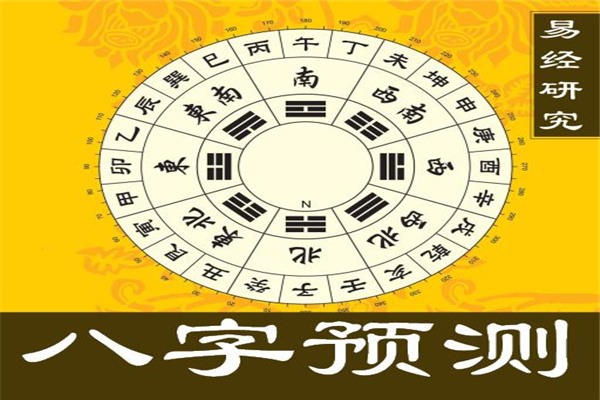How to Say January 7th in English, Mastering Date Formats, Pronunciation Rules
When discussing dates in English, many learners wonder how to properly articulate specific calendar days. The question "How to say January 7th in English" might seem simple, but it actually involves understanding several linguistic conventions. In formal written English, this date typically appears as "January 7" or "January 7th," while in speech it's pronounced as "January seventh." The ordinal indicator (th) plays a crucial role in distinguishing dates from regular numbers. This distinction becomes particularly important when making appointments, writing formal letters, or discussing historical events where precise date references matter.
Accurate date pronunciation prevents misunderstandings in international communication. Consider these scenarios where saying January 7th correctly becomes essential:
The most widely accepted format for writing January 7th in American English follows the month-day sequence: January 7 or January 7th. In British English, you might occasionally see it written as 7 January, though the spoken form remains consistent. When writing formally, consider these variations:
Native speakers often drop the "th" sound in casual conversation, saying "January seven" instead of "January seventh." However, for formal occasions or clarity purposes, the complete ordinal form remains preferable. The pronunciation follows these phonetic patterns:
Understanding why different English-speaking countries use distinct date formats helps explain the January 7th variations. The American system (month-day-year) originated from early colonial documents, while the British format (day-month-year) aligns with European conventions. When referencing January 7th in historical contexts, consider these examples:
Notable January 7th Events:
Beyond British/American differences, other English-speaking regions have unique approaches to January 7th:
The way you say January 7th changes based on context. Formal documents like contracts or academic papers require complete ordinal forms, while text messages or casual emails might use abbreviations. Compare these examples:
Formal Usage:

Informal Usage:
When learning how to say January 7th in English, non-native speakers often make these errors:
Remember these tricks for perfect January 7th expression:
Certain situations require modified expressions of January 7th. In military communications, the date becomes "07 January" pronounced as "zero seven January." Financial documents might use "07-Jan-2025" for clarity. Legal contexts sometimes spell out the entire date: "the seventh day of January in the year two thousand twenty-five."
When emailing international colleagues about January 7th, consider:
Teachers explaining how to say January 7th should emphasize the connection between written and spoken forms. Classroom activities might include:
Digital calendars and scheduling software have standardized certain January 7th formats:
Mastering the spoken form of January 7th requires focused practice. Try these methods:
While "January seventh" remains standard, pronunciation differs across English dialects:

Corporate environments demand precise January 7th expression. Follow these guidelines:
Authors describing events occurring on January 7th might use literary techniques:
Poets sometimes modify January 7th expressions for rhythm:
In technical or scientific contexts, January 7th may appear numerically:
Converting January 7th between formats risks errors:
Different calendar systems reference January 7th uniquely:
Contract disputes sometimes hinge on January 7th interpretation:
Notarized documents demand specific January 7th formatting:

Calendar reforms altered January 7th's position in various years:
Family historians must understand how January 7th appeared in:
Remembering events on January 7th becomes easier with memory aids:
Learning date formats like January 7th involves:
As global communication increases, January 7th expression may evolve:
Emerging technologies impact how we use January 7th:
The proper expression of January 7th in English serves as more than linguistic trivia - it represents a fundamental communication skill that bridges cultures, facilitates business transactions, and preserves historical accuracy. As globalization continues, mastering these seemingly simple date conventions becomes increasingly valuable for clear international dialogue. Whether writing formally or speaking casually, the ability to fluidly navigate between "January 7th," "the seventh of January," and their numerical equivalents demonstrates linguistic competence and cultural awareness.